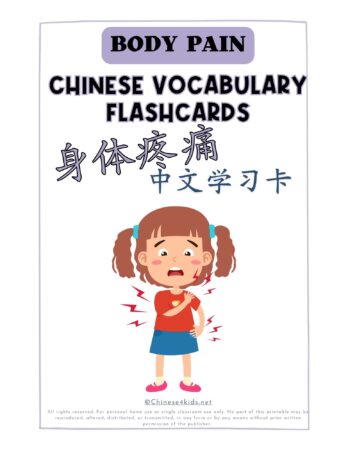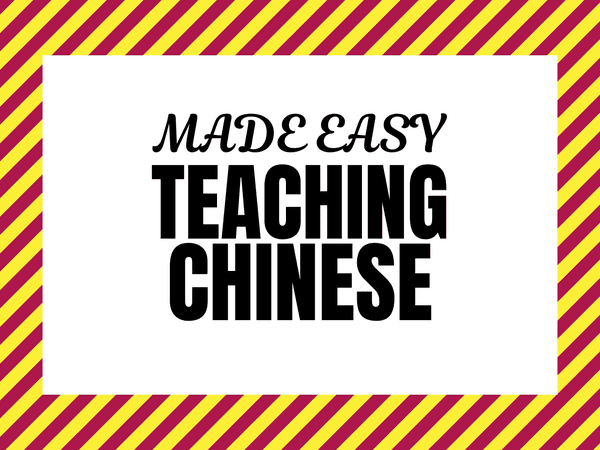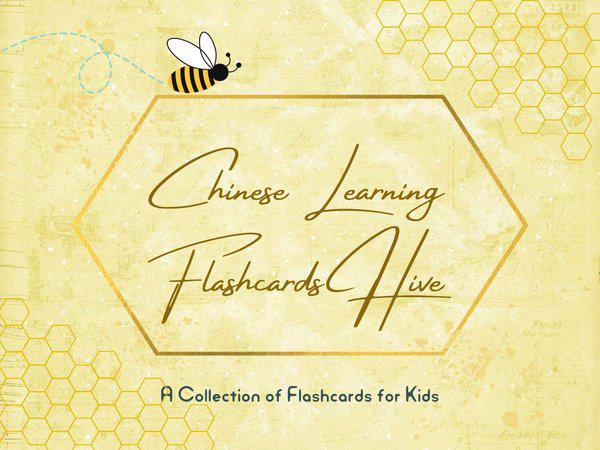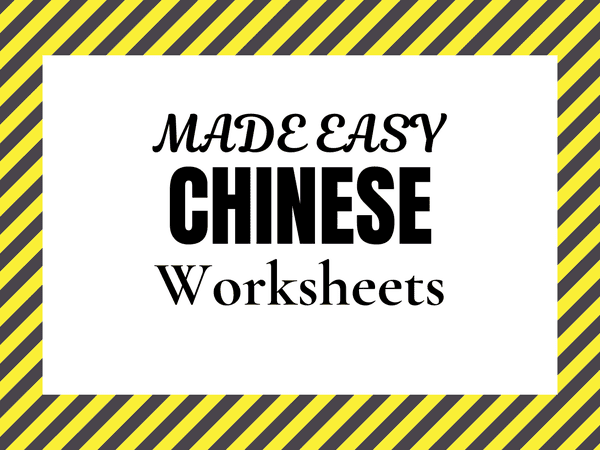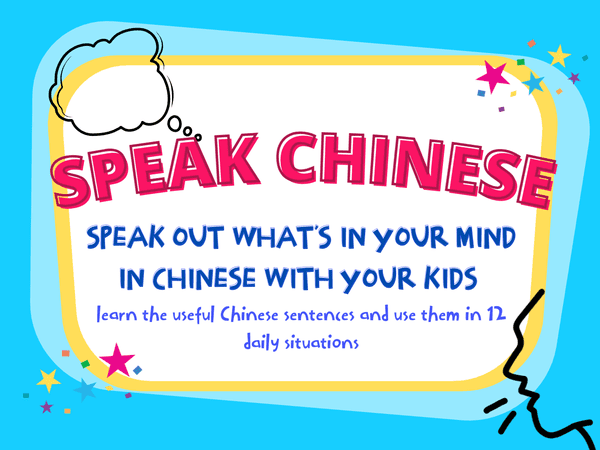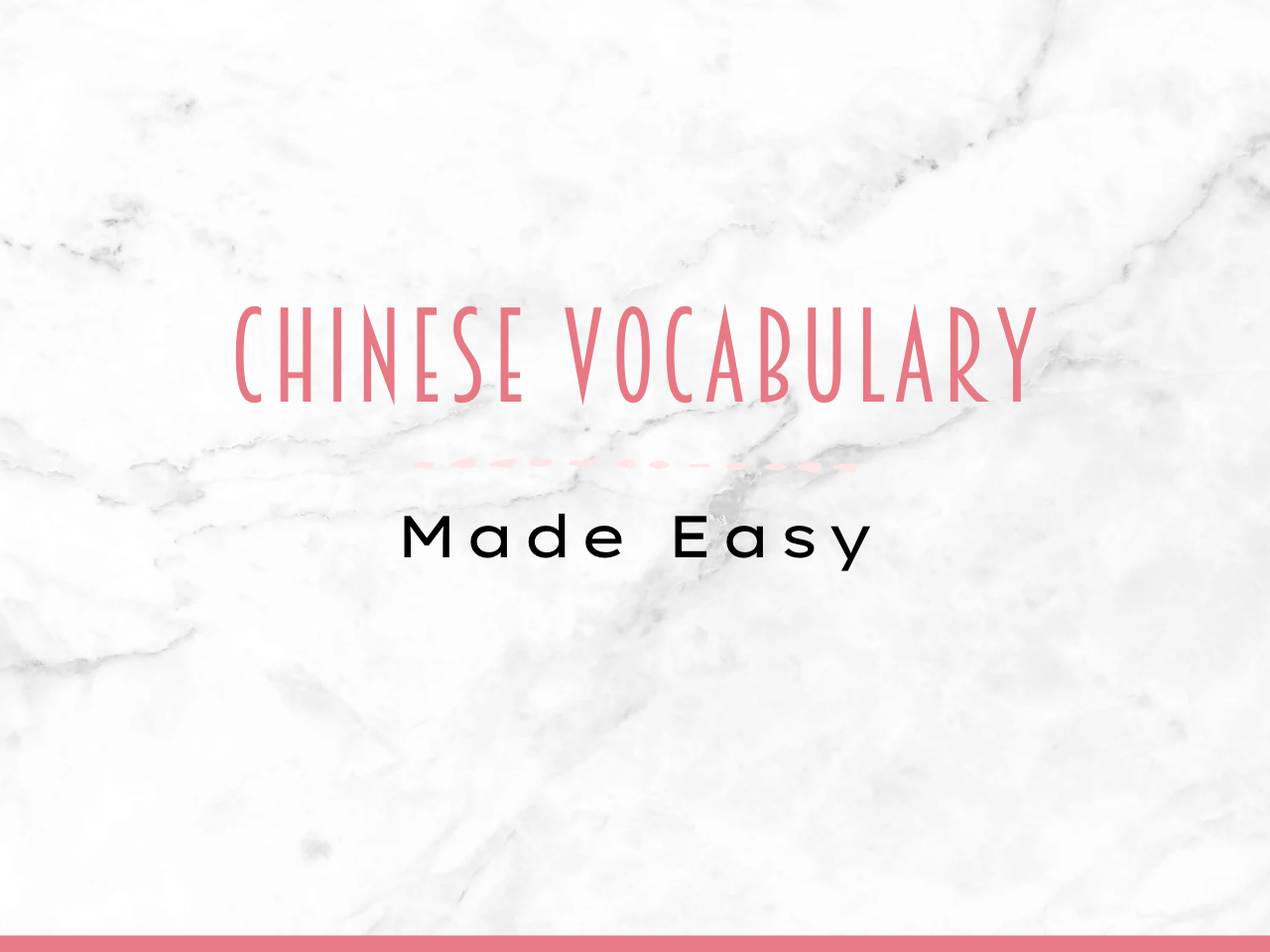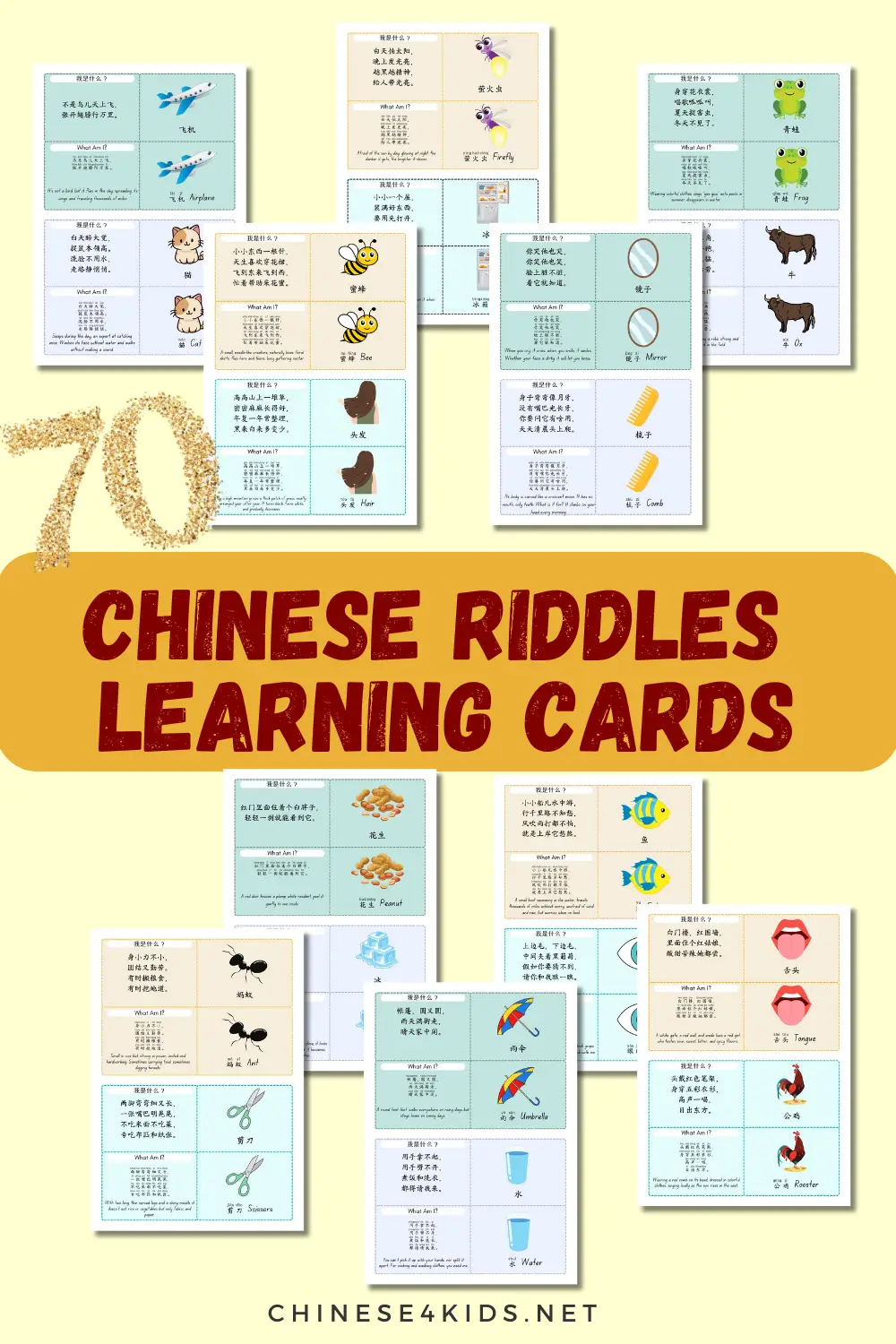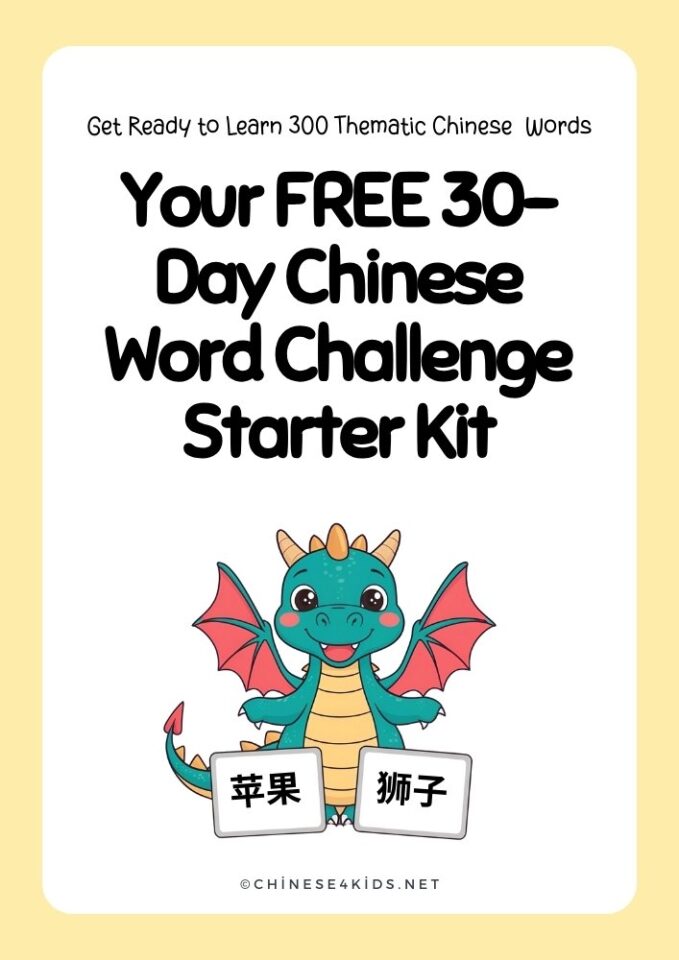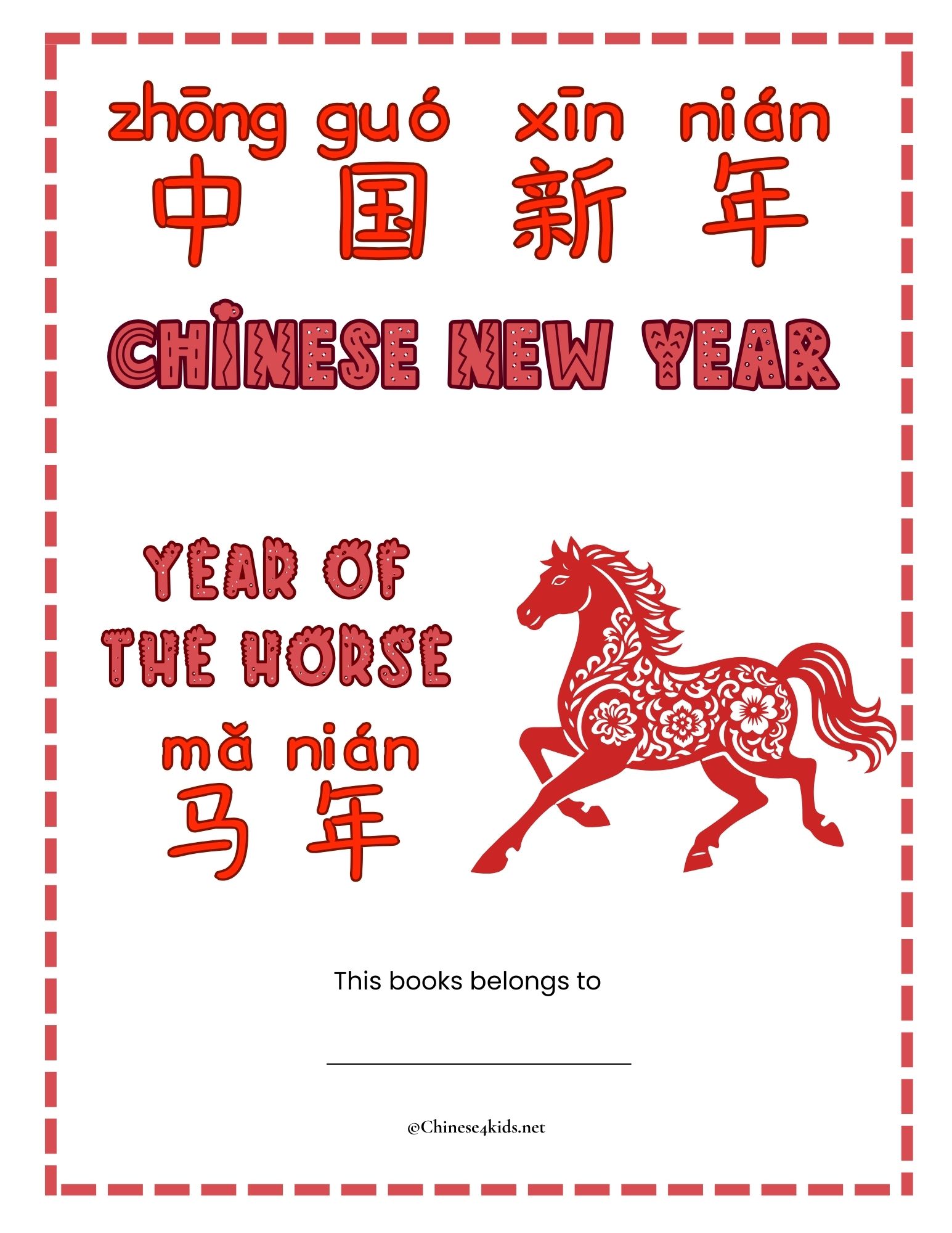
Home » Basic Chinese Vocabulary » Expressing Pain in Chinese: A Fun and Easy Guide
Expressing Pain in Chinese: A Fun and Easy Guide

Feeling a little under the weather or just need to explain where it hurts? Fear not! Expressing pain in Chinese is actually quite easy: you just need to add the magical word “疼” (téng) after the names of body parts that hurt.
How to Express Pain in Chinese
Here is the structure:
Body parts + “疼” (téng)
Let’s first have a look at the Chinese names for different body parts.
Ready to impress and navigate those “ouch” moments like a pro? Let’s dive in!
Head (头, tóu) – 头疼 (tóu téng)
Got a headache? Just say, “我头疼” (wǒ tóu téng).
Example:
昨天我工作到很晚,现在我头疼。
zuó tiān wǒ gōng zuò dào hěn wǎn, xiàn zài wǒ tóu téng.
I worked late last night, now I have a headache.
Eyes (眼睛, yǎn jīng) – 眼睛疼 (yǎn jīng téng)
Feeling the strain? “我眼睛疼” (wǒ yǎn jīng téng) will get your message across.
Example:
看电脑太久了,我眼睛疼。
kàn diàn nǎo tài jiǔ le, wǒ yǎn jīng téng.
I’ve been looking at the computer for too long, my eyes hurt.
Nose (鼻子, bí zi) – 鼻子疼 (bí zi téng)
Got a stuffy nose? “我鼻子疼” (wǒ bí zi téng) is what you need.
Example:
我感冒了,鼻子疼。
wǒ gǎn mào le, bí zi téng.
I caught a cold, and my nose hurts.
Neck (脖子, bó zi) – 脖子疼 (bó zi téng)
Slept wrong? “我脖子疼” (wǒ bó zi téng) will explain your discomfort.
Example:
昨晚睡得不好,今天脖子疼。
zuó wǎn shuì de bù hǎo, jīn tiān bó zi téng.
I didn’t sleep well last night, and my neck hurts today.
Shoulders (肩膀, jiān bǎng) – 肩膀疼 (jiān bǎng téng)
Heavy lifting? Just say, “我肩膀疼” (wǒ jiān bǎng téng).
Example:
搬家后,我的肩膀疼。
bān jiā hòu, wǒ de jiān bǎng téng.
After moving houses, my shoulders hurt.
Upper Back (背, shàng bèi) – 背疼 (bèi téng)
Too much slouching? “我背疼” (wǒ bèi téng) sums it up.
Example:
一整天坐着工作,我背疼。
yī zhěng tiān zuò zhe gōng zuò, wǒ bèi téng.
After a whole day sitting, my upper back hurts.
Lower Back (腰, yāo) – 腰疼 (yāo téng)
Carrying too much weight? “我腰疼” (wǒ yāo téng) does the trick.
Example:
举重后,我下背疼。
jǔ zhòng hòu, wǒ xià bèi téng.
After lifting weights, my lower back hurts.
Butt (屁股, pì gu) – 屁股疼 (pì gu téng)
Sat too long? “我屁股疼” (wǒ pì gu téng) is what you need.
Example:
长时间坐着开车,我屁股疼。
cháng shí jiān zuò zhe kāi chē, wǒ pì gu téng.
After sitting and driving for a long time, my butt hurts.
Chest (胸, xiōng) – 胸疼 (xiōng téng)
Feeling tightness? “我胸疼” (wǒ xiōng téng) explains it all.
Example:
运动过度后,我胸疼。
yùn dòng guò dù hòu, wǒ xiōng téng.
After overexercising, my chest hurts.
Stomach (肚子, dù zi) – 肚子疼 (dù zi téng)
Ate something bad? “我肚子疼” (wǒ dù zi téng) will convey your discomfort.
Example:
吃了不新鲜的食物,我肚子疼。
chī le bù xīn xiān de shí wù, wǒ dù zi téng.
After eating some bad food, my stomach hurts.
Finger (手指, shǒu zhǐ) – 手指疼 (shǒu zhǐ téng)
Slammed your finger? “我手指疼” (wǒ shǒu zhǐ téng) will let people know.
Example:
夹到门,我手指疼。
jiā dào mén, wǒ shǒu zhǐ téng.
I slammed my finger in the door, and it hurts.
Hand (手, shǒu) – 手疼 (shǒu téng)
Too much typing? “我手疼” (wǒ shǒu téng) describes it perfectly.
Example:
写作太多,我手疼。
xiě zuò tài duō, wǒ shǒu téng.
After writing too much, my hand hurts.
Palm (手掌, shǒu zhǎng) – 手掌疼 (shǒu zhǎng téng)
Clapped too hard? “我手掌疼” (wǒ shǒu zhǎng téng) says it all.
Example:
鼓掌太用力,我手掌疼。
gǔ zhǎng tài yòng lì, wǒ shǒu zhǎng téng.
Clapped too hard, and now my palm hurts.
Wrist (手腕, shǒu wàn) – 手腕疼 (shǒu wàn téng)
Sprained your wrist? “我手腕疼” (wǒ shǒu wàn téng) will do.
Example:
打篮球时扭伤了手腕,我手腕疼。
dǎ lán qiú shí niǔ shāng le shǒu wàn, wǒ shǒu wàn téng.
I sprained my wrist while playing basketball, and it hurts.
Arm (胳膊, gē bo) – 胳膊疼 (gē bo téng)
Lifted too many weights? “我胳膊疼” (wǒ gē bo téng) covers it.
Example:
锻炼过度,我胳膊疼。
duàn liàn guò dù, wǒ gē bo téng.
After overexercising, my arms hurt.
Legs (腿, tuǐ) – 腿疼 (tuǐ téng)
Ran too far? “我腿疼” (wǒ tuǐ téng) is what you need.
Example:
跑步太久,我腿疼。
pǎo bù tài jiǔ, wǒ tuǐ téng.
After running for too long, my legs hurt.
Ankle (脚踝, jiǎo huái) – 脚踝疼 (jiǎo huái téng)
Twisted your ankle? “我脚踝疼” (wǒ jiǎo huái téng) will get the point across.
Example:
打排球时扭到脚踝,我脚踝疼。
dǎ pái qiú shí niǔ dào jiǎo huái, wǒ jiǎo huái téng.
I twisted my ankle while playing volleyball, and it hurts.
Learn Body Pain Chinese Vocabulary with Montessori Flashcards
Now you’re equipped with the essential vocabulary to express where it hurts in Chinese! Next time you’re feeling under the weather or just need to let someone know what’s bothering you, these phrases will come in handy. So go ahead, use them with confidence and make sure your Chinese pain expressions are as sharp as ever!
If you like this post, share it
Related Resources:
- Body Pain Chinese Vocabulary Montessori Flashcards
- Eyes, Hand, and Foot.. How to Say Body Parts in Chinese
- Theme Vocabulary Pack – Body Parts in Chinese for Kids
- Chinese Measure Words for Body Parts Montessori 3-Part Flashcards
You May Also Be Interested:
- Chinese4kids Membership – a portal for busy Chinese teachers and parents
- Chinese learning flashcards Hive – a flashcards library that with regular additions of new quality Chinese learning flashcards
- Chinese learning worksheets collection – Also a part of Chinese4kids membership, this collection is for teachers and parents who want to have access to engaging worksheets and activity sheets created for kids learning Mandarin Chinese as an additional language
- Speak Chinese with Kids Course
- Chinese Vocabulary Made Easy Course
Recent Posts
Join Our Membership
Enroll to A Course
Buy An eBOOK
Our Posts


